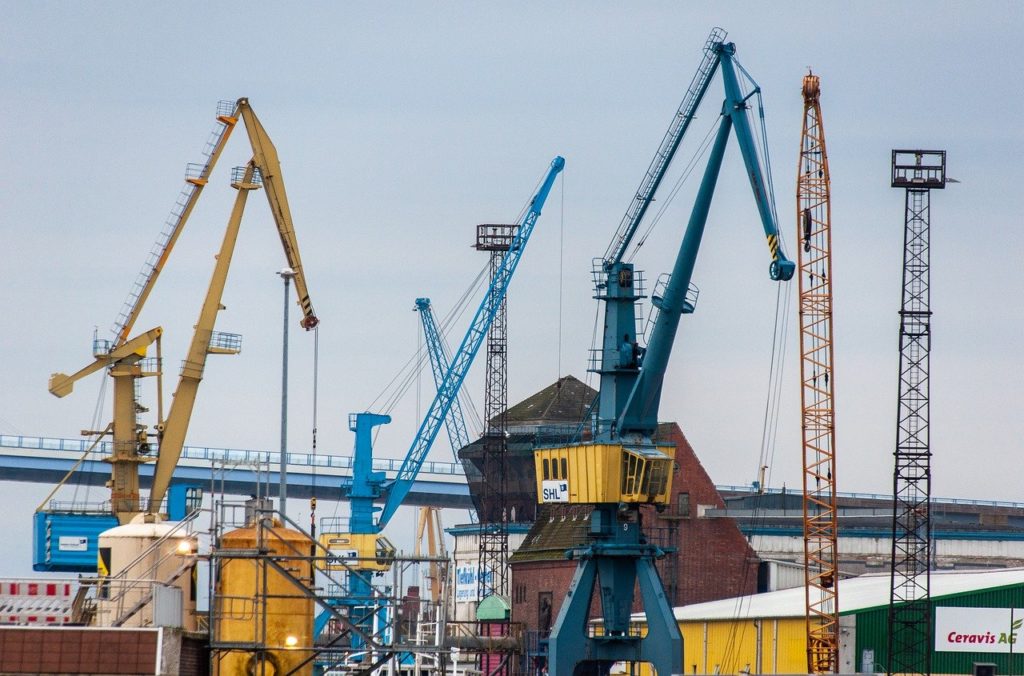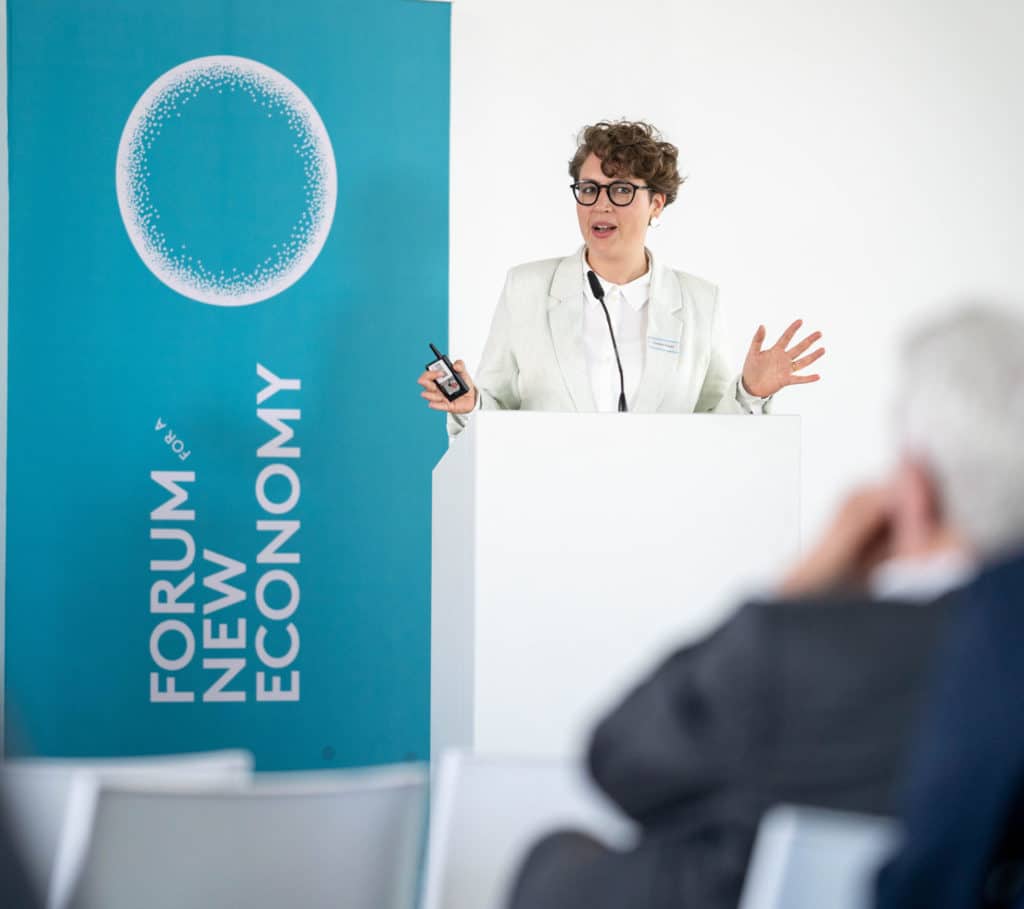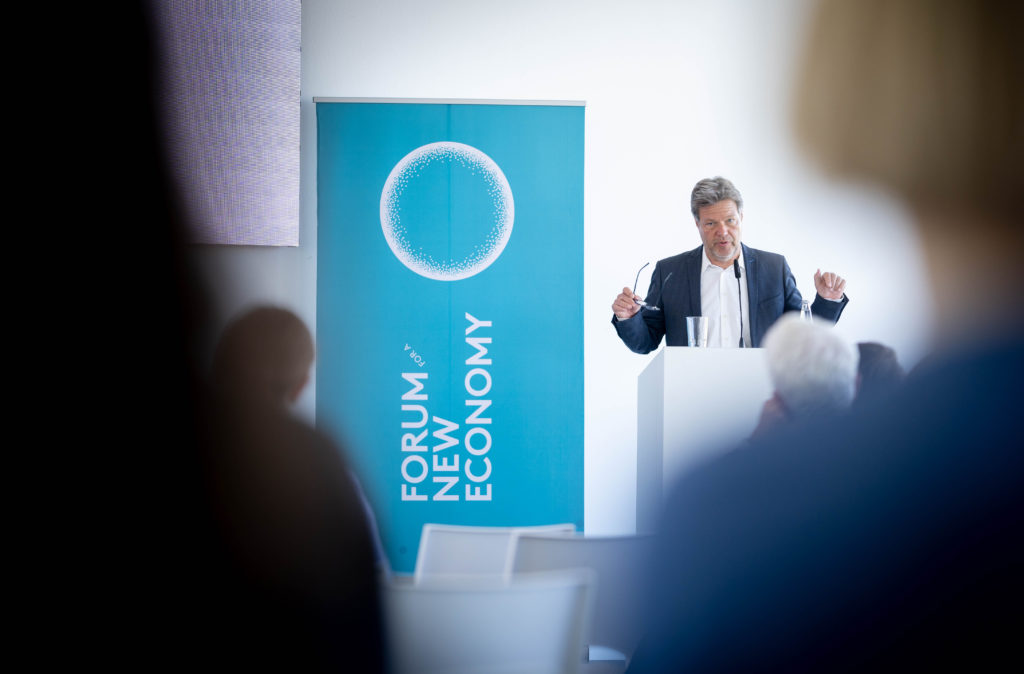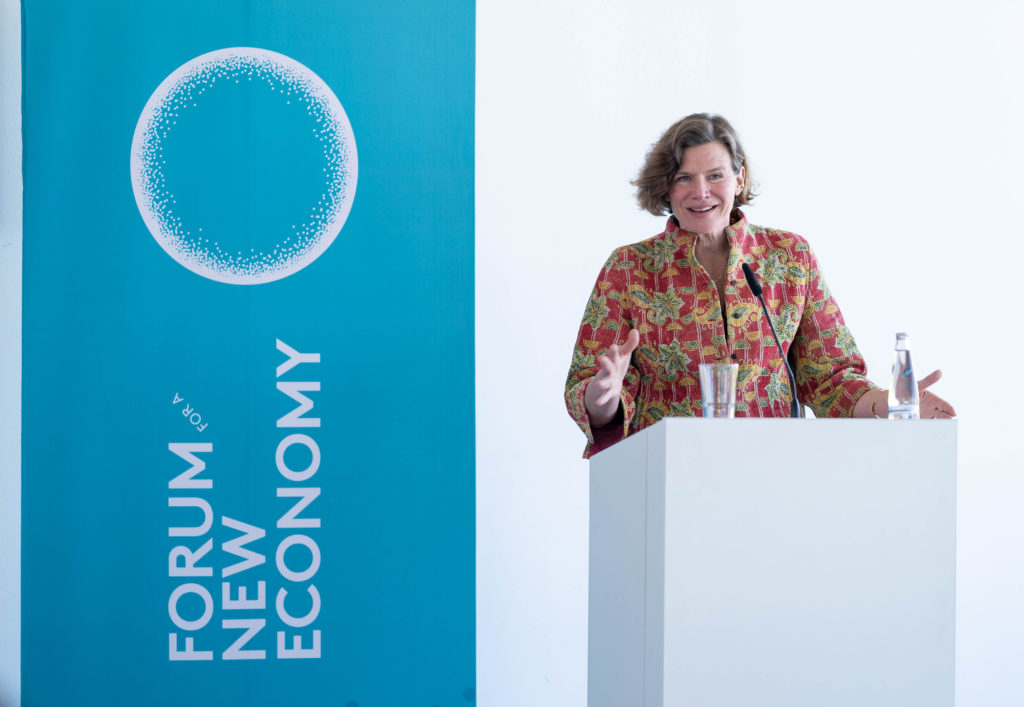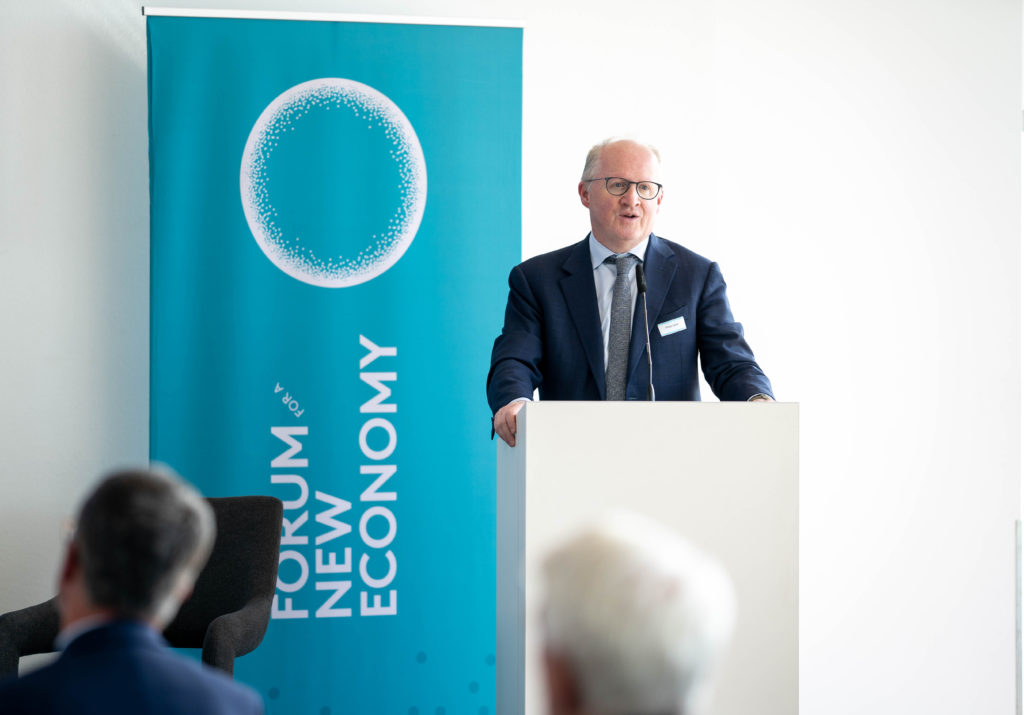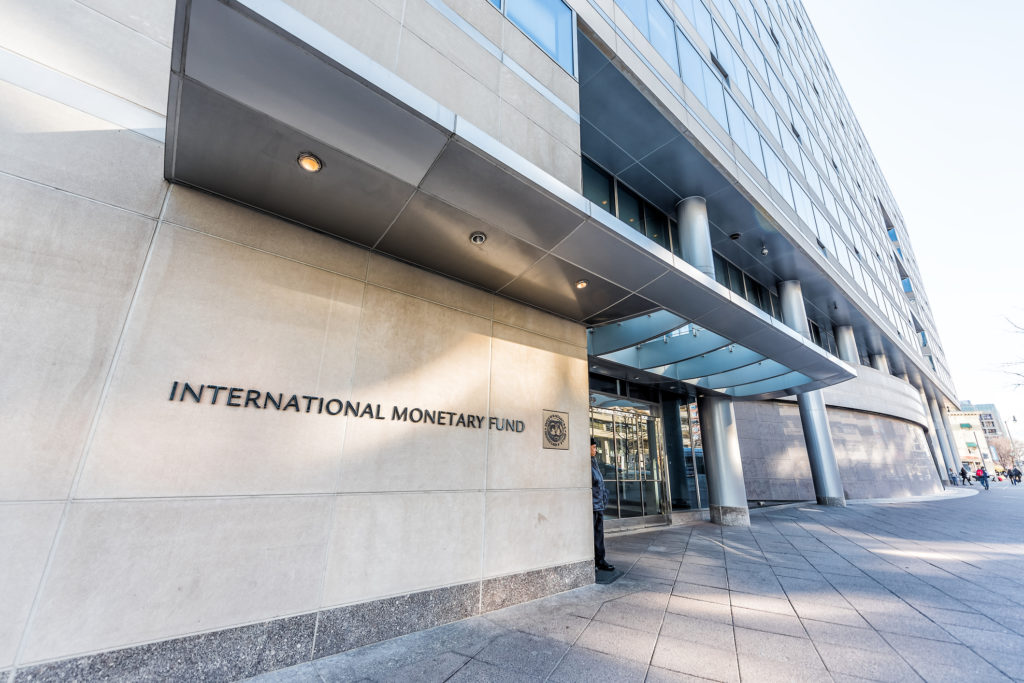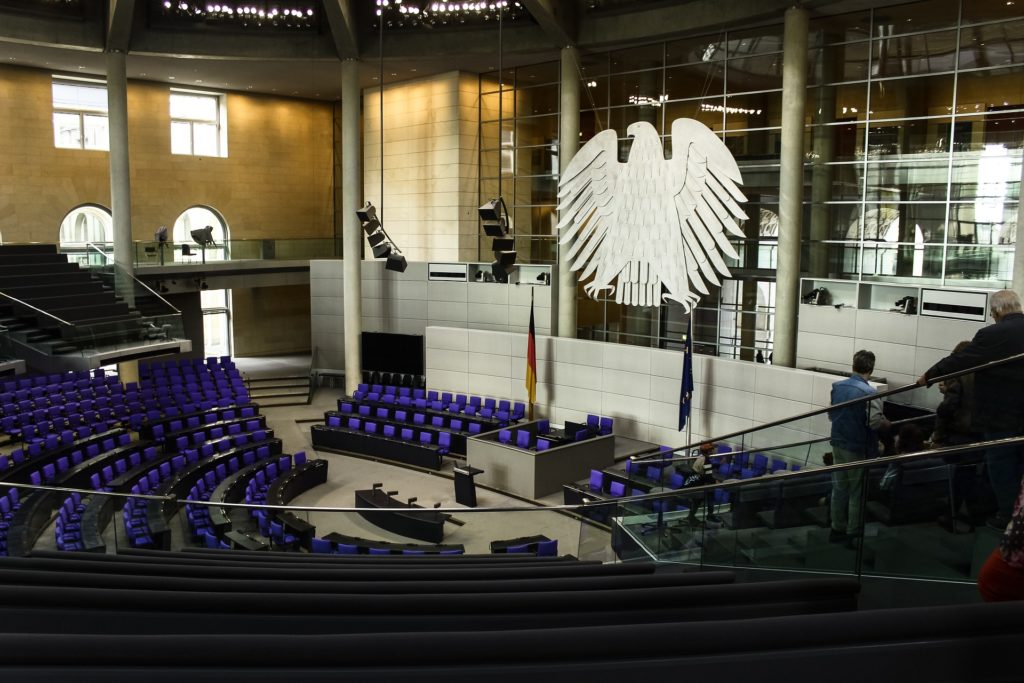Article overview
THEMES
PERIOD
NEW PARADIGM
15 JUNE 2023
The New Paradigm Papers of the Month of June
Once a month the Forum New Economy is showcasing a handful of selected research papers that lead the way towards a new economic paradigm.
FINANCIAL WORLD
1 JUNE 2023
New Economy Short Cut Re-live: Reducing Government Debt, But How?
Do austerity programs actually fulfill their purpose of reducing government debt? We discussed this with IMF economist Adrian Peralta-Alva, Achim Truger and Philippa Sigl-Glöckner on May 31.
NEW PARADIGM
22 MAY 2023
The New Paradigm Papers of the Month of May
Once a month the Forum New Economy is showcasing a handful of selected research papers that lead the way towards a new economic paradigm.
NEW PARADIGM
6 APRIL 2023
New Paradigm Papers of the Month of April
Once a month the Forum New Economy is showcasing a handful of selected research papers that lead the way towards a new economic paradigm.

